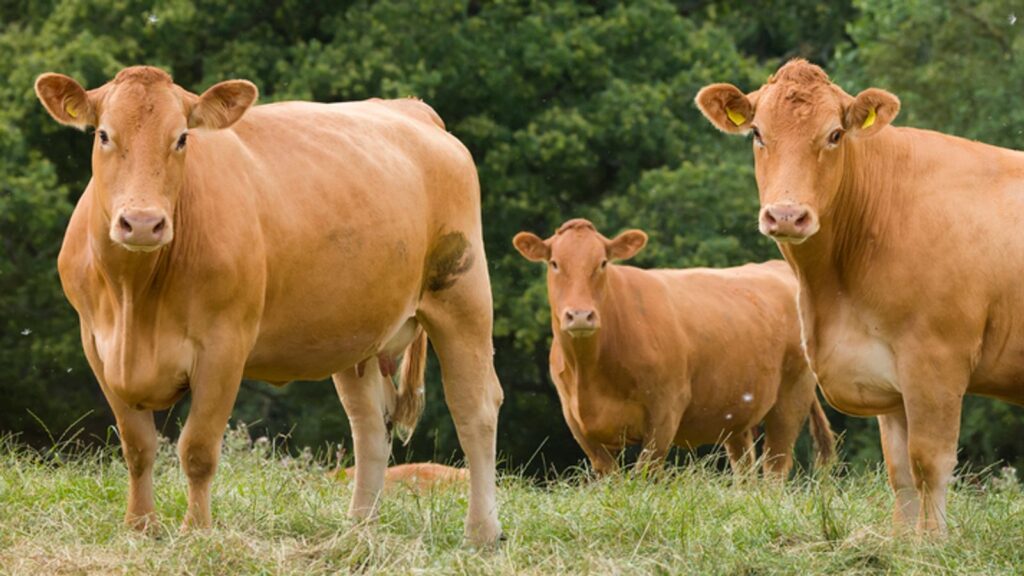Bluetongue is a disease that affects livestock such as cattle and sheep and is spread by biting midges. The new virus strain was first detected in the UK in November last year.
by Dylan Donnelly, news reporter
Tuesday, May 7, 2024 14:26, United Kingdom
Farmers have been warned that a new animal virus is “very likely” to affect livestock in the UK.
Bluetongue is a disease that affects livestock such as cattle and sheep and is spread by biting midges.
Symptoms include a blue, swollen tongue, fever, reduced milk production, and in the most severe cases, death.
Although it does not pose a threat to human health or food safety, the government has warned that the virus is likely to be brought to the UK by midges in Northern Europe that have been blown around by strong winds.
This occurred after the emergence of a new species of bluetongue called BTV-3. Netherlands It was discovered in the UK two months later in September 2023.
Since then, there have been 126 cases across the country, affecting seven sheep and 119 cattle. kent, norfolk, suffolk and surrey.
Read more from Sky News:
Close-up photos of bees inspire Liverpool exhibition
UK watersports demand crackdown on sewage
In a risk assessment published on Tuesday, the Animal and Plant Health Authority (APHA) warned that the new strain was very likely to be introduced into the UK throughout the year.
It added that there was a moderate possibility that another strain, BTV-8, was introduced by midges arriving from northern France.
Biosecurity Minister Sir Douglas Miller said in a statement: “We must not be complacent about the risks of bluetongue virus and the challenges this could pose to livestock farming.”
He added: “We will also be offering free bluetongue testing to keepers in high-risk counties should the risk of infection increase, and we are actively working with vaccine manufacturers to develop a BTV-3 vaccine for use in the UK. ” he added.
There is currently no vaccine against the BTV-3 strain in the UK. However, the Netherlands and Belgium have approved new vaccines for emergency use since early May.


